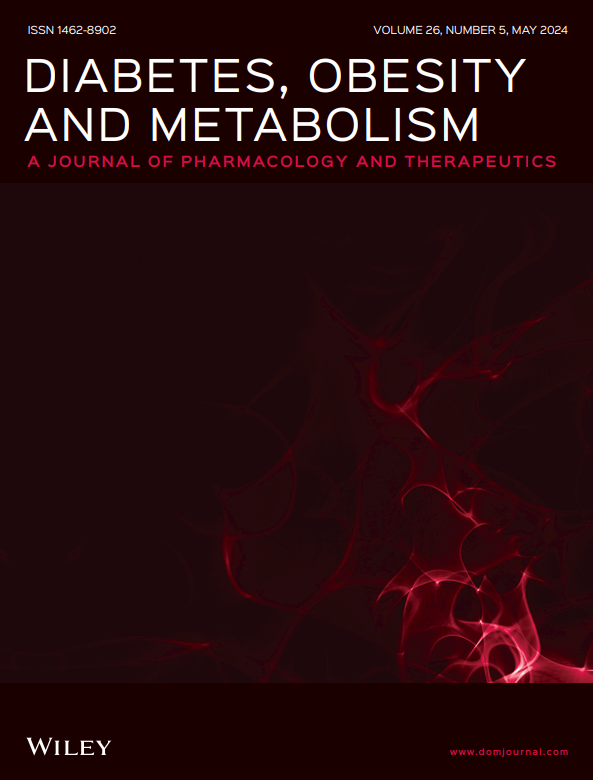Association of depression, traditional risk factor control and genetic risk with incident cardiovascular disease among individuals with prediabetes: A population-based prospective study from UK biobank
Abstract
Background
The relationship between depression and cardiovascular disease (CVD) in individuals with prediabetes, its relative importance compared with traditional risk factors and whether genetic risk modifies this association remain unclear.
Aims
To explore the potential interactive effects of controlling traditional risk factors and depression on CVD, and to assess how depression compares with traditional risk factors in terms of its relative contribution to CVD risk in individuals with prediabetes.
Materials and Methods
We analysed a prospective cohort of 42,020 individuals from the UK Biobank, all free of prevalent CVD. Depression was determined using multiple sources to accurately assess the exposure. The five traditional risk factors considered were sleep duration, smoking, blood pressure (BP), low-density lipoprotein (LDL) cholesterol and renal function. We used Cox proportional hazards regression models to examine the associations between depression, risk factor control and CVD events.
Results
Over a median follow-up of 13.1 years, 5865 individuals developed CVD, including 4764 cases of coronary heart disease and 1415 strokes. Compared with controlling 4–5 risk factors, both depression and controlling 0–1 risk factor significantly increased the risk of CVD in individuals with prediabetes. The corresponding multivariable-adjusted hazard ratios (95% CI) for CVD were 1.18 (1.09–1.28) and 1.44 (1.29–1.60), respectively. Depression ranked second in predicting CVD among the selected risk factors. A synergistic effect between depression and risk factor control was observed for CVD, with a relative excess risk due to interaction of 0.16 (0.06–0.26). Furthermore, these associations were independent of the genetic susceptibility to CVD.
Conclusions
Among individuals with prediabetes, both depression and suboptimal control of traditional risk factors are associated with an increased risk of CVD, independent of genetic susceptibility.

 求助内容:
求助内容: 应助结果提醒方式:
应助结果提醒方式:


